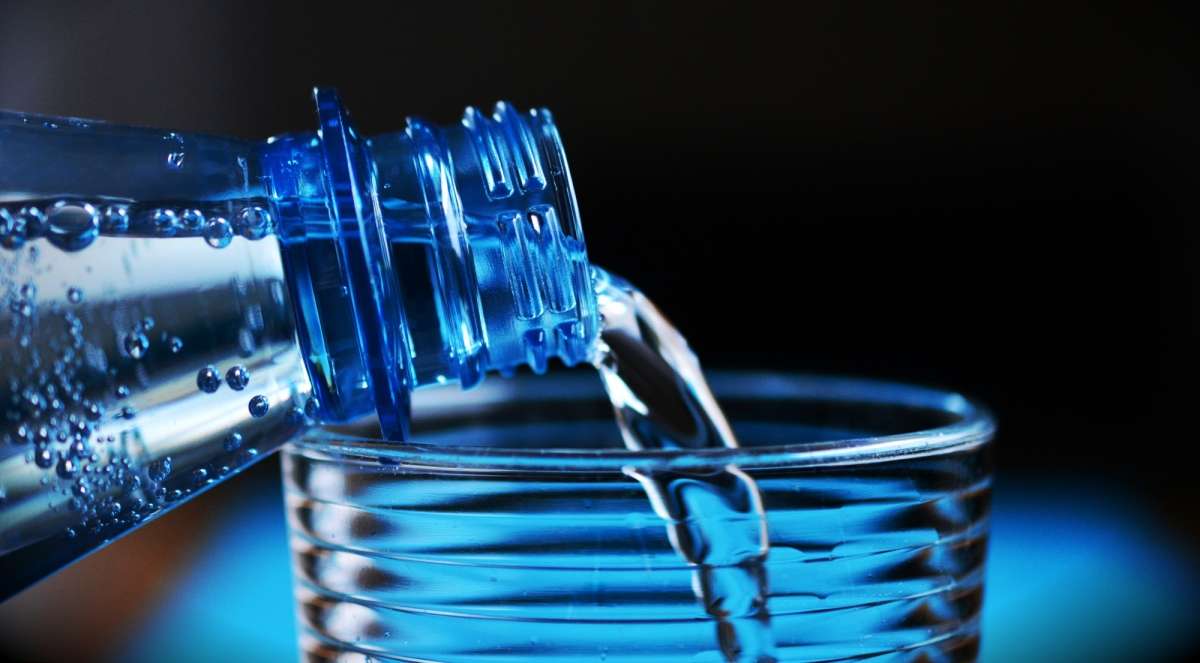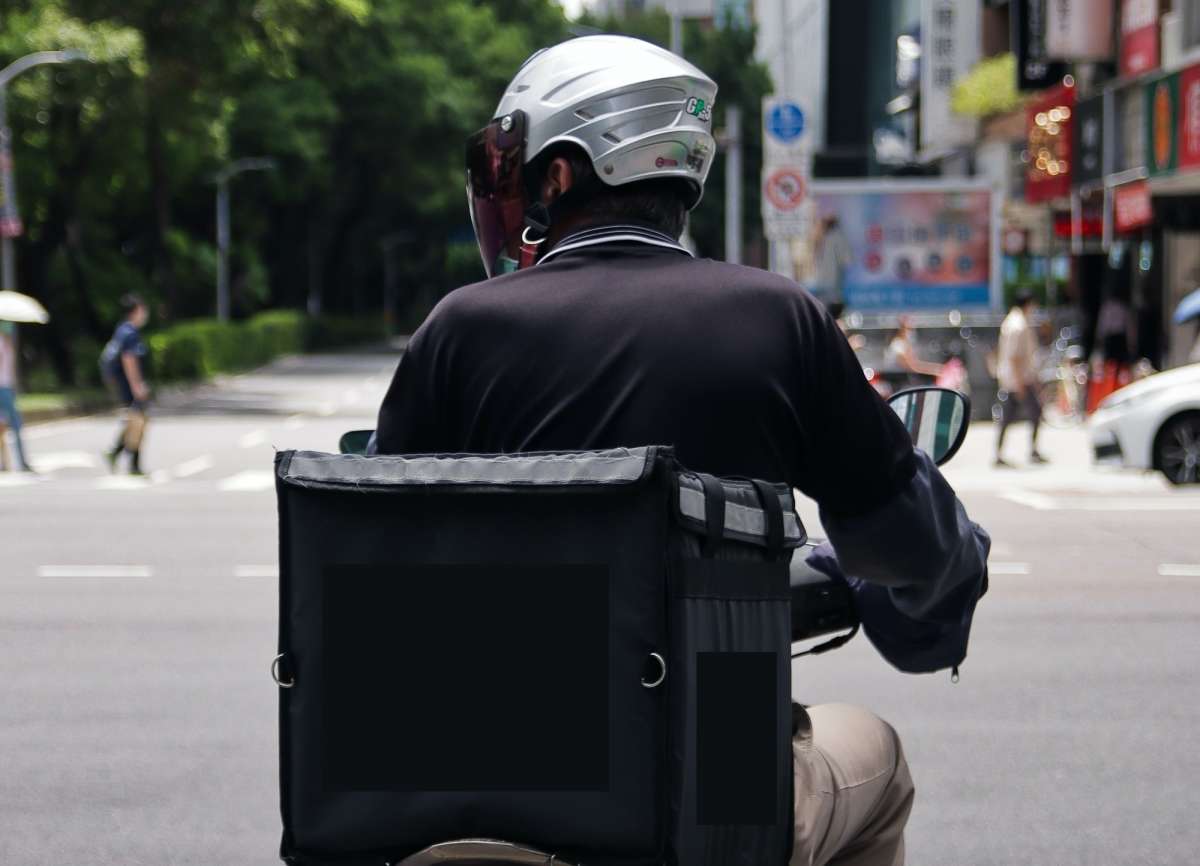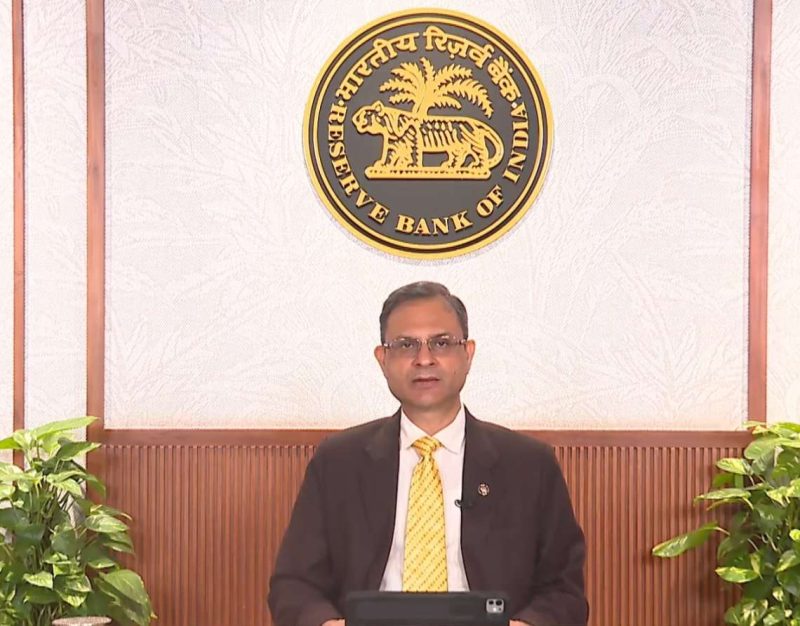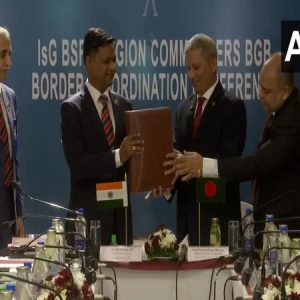The sales are expected to almost double by 2030, from $270 billion to $500 billion…reports Asian Lite News
The rapidly-growing bottled water industry can undermine progress towards a key sustainable development goal: Safe water for all, says a new United Nations report.
Based on an analysis of literature and data from 109 countries, the report says that in just five decades bottled water has developed into “a major and essentially standalone economic sector,” experiencing 73 per cent growth from 2010 to 2020.
And sales are expected to almost double by 2030, from $270 billion to $500 billion.
Released a few days prior to World Water Day (March 22), the report by UN University’s Canadian-based Institute for Water, Environment and Health (UNU-INWEH) concludes that the unrestricted expansion of the bottled water industry “is not aligned strategically with the goal of providing universal access to drinking water or at least slows global progress in this regard, distracting development efforts and redirecting attention to a less reliable and less affordable option for many, while remaining highly profitable for producers.”
Says Kaveh Madani, UNU-INWEH’s new Director: “The rise in bottled water consumption reflects decades of limited progress in and many failures of public water supply systems.”
When the Sustainable Development Goals were agreed in 2015, he notes, experts elsewhere estimated an annual investment of $114 billion was needed from 2015 to 2030 to achieve a key target: Universal safe drinking water.
The report says providing safe water to the roughly 2 billion people without it would require an annual investment of less than half the $270 billion now spent every year on bottled water.
“This points to a global case of extreme social injustice, whereby billions of people worldwide do not have access to reliable water services while others enjoy water luxury.”
The study quotes surveys showing bottled water is often perceived in the Global North as a healthier and tastier product than tap water — more a luxury good than a necessity.
In the Global South, sales are driven by the lack or absence of reliable public water supplies and water delivery infrastructure limitations due to rapid urbanization.
In mid and low-income countries, bottled water consumption is linked to poor tap water quality and often unreliable public water supply systems — problems often caused by corruption and chronic underinvestment in piped water infrastructure.

Beverage corporations are adept at marketing bottled water as a safe alternative to tap water by drawing attention to isolated public water system failures, says UNU-INWEH researcher and lead author Zeineb Bouhlel, adding “even if in certain countries piped water is or can be of good quality, restoring public trust in tap water is likely to require substantial marketing and advocacy efforts.”
Bouhlel notes that the source of bottled water (municipal system, surface, etc.) the treatment processes used (e.g. chlorination, ultraviolet disinfection, ozonation, reverse osmosis), the storage conditions (duration, light exposure, temperature), and packaging (plastic, glass), can all potentially alter water quality.
This may be inorganic (e.g. heavy metals, pH, turbidity etc.), organic (benzene, pesticides, microplastics, etc.) and microbiological (pathogenic bacteria, viruses, fungus and parasitic protozoa).
According to the report, “the mineral composition of bottled water can vary significantly between different brands, within the same brand in different countries, and even between different bottles of the same batch.”
The report lists examples from over 40 countries in every world region of contamination of hundreds of bottled water brands and all bottled water types.
“This review constitutes strong evidence against the misleading perception that bottled water is an unquestionably safe drinking water source,” says Bouhlel.
Water bottlers generally face less scrutiny than public water utilities.
Co-author Vladimir Smakhtin, past Director of UNU-INWEH, underscores the report’s finding that acebottled water is generally not nearly as well-regulated and is tested less frequently and for fewer parameters.
Strict water quality standards for tap water are rarely applied to bottled water, and even if such analyses are carried out, the results seldom make it to the public domain.”
Bottled water producers, he says, have largely avoided the scrutiny governments impose on public water utilities, and amid the market’s rapid growth, it is “probably more important than ever to strengthen legislation that regulates the industry overall, and its water quality standards in particular.”
According to the report, the bottled water sector used 35 per cent of the PET bottles produced globally in 2019; 85 per cent wind up in landfills or unregulated waste.














